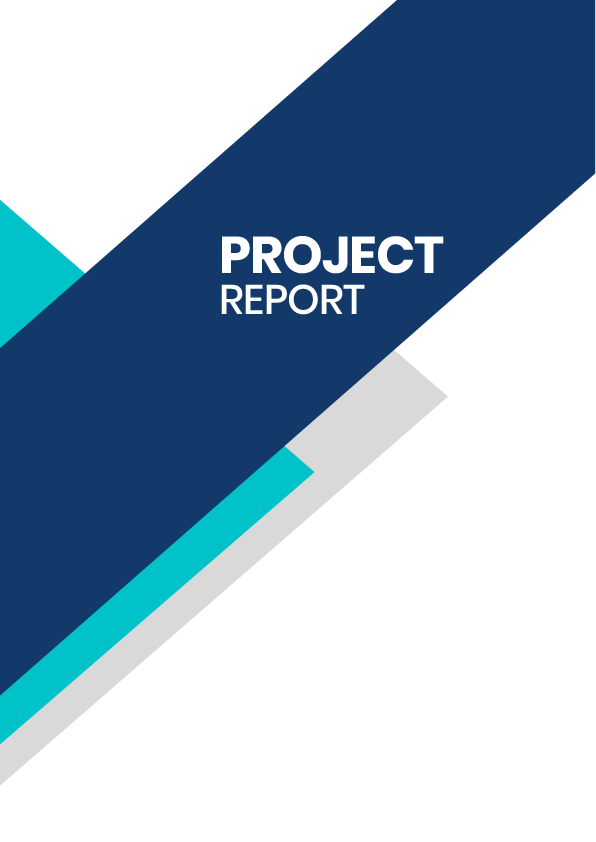Related Keywords
- Aluminum Beverage Cans
- Aluminium Drink Cans
- Aluminum Packaging Cans
- Metal Beverage Containers
- एल्युमिनियम कैन
- पेय पदार्थ के लिए एल्युमिनियम कंटेनर
Business Feasibility and Market Potential of Aluminium Cans
- You can meet the needs of India’s fast-growing drink, food, and pharma industries, where more businesses use cans for safe, long-lasting packaging.
- You can supply cans to cafes, hotels, and delivery services, as 30% more buyers choose canned drinks and ready-to-eat foods for convenience.
- You can sell to countries like Southeast Asia or the Middle East, where demand for aluminium cans grows, helping you to reach global markets.
- You can benefit from government rules pushing companies to ditch plastic, making aluminium cans a top choice for sustainable packaging.
- You can earn steady profits because cans are used in many industries, like drinks and paints, with less competition in smaller towns.
- You can export cans to other countries, where buyers want recyclable packaging, boosting your sales and income.
- You can enjoy consistent demand all year, as cans don’t depend on seasons, unlike some products, ensuring regular cash flow.
- You can use high scrap value of aluminium, selling used cans for extra money, adding a safety net to your business.
- You can rent a small space of 1,000–2,000 square feet to set up your factory, keeping costs low for a small unit.
- You can buy machines like sheet feeders, body formers, and curing ovens, starting with basic tools or upgrading for bigger production.
- You can source aluminium coils, lacquers, and inks from local or global suppliers, ensuring your cans are safe and attractive.
- You can hire 10–15 workers with some skills, and get licenses like GST, MSME registration, and pollution clearance to start legally.
Entrepreneurial Benefits, Trends & Profitability
- You can help the planet with recyclable cans, making your business future-proof as people care more about the environment.
- You can use MSME schemes and tax subsidies, saving 25% on startup costs, and apply for loans to grow your factory.
- You can meet rising demand from food, drink, and chemical companies, ensuring your cans sell well to many businesses.
- You can start with a simple setup and add automation later, growing your business as more customers buy your cans.
- You can keep 15–30% profit per can after covering costs for materials, workers, and utilities, with bigger factories earning more.
- You can recover your setup costs in 12–18 months by selling enough cans, then enjoy steady monthly profits.
- You can sell through local shops, online platforms, or directly to big companies, using ads to show your cans’ quality.
- You can collect used cans for recycling, earning extra money while supporting brands that promote a circular economy.
Best Project Report for Aluminium Cans: Launch Your Processing Industry Business with Finline

Need expert service?
Please send a WhatsApp message to us, and our team of experts will guide you in creating a project report for bank loan.
Create Your own project report in less than 10 mins.
- Unlimited edits
- Unlimited downloads
- Up to 10 years of projections
- 20+ pages

Frequently asked questions
Everything you need to know about the product and billing.
Finline is an online tool for creating a project report for bank loan online and see the report for free online. You only need to pay for downloading the report.
Can I change my plan later?
Yes , ofcourse you can upgrade from a lite plan to a pro at anytime.
Can I edit the report after download ? is it chargeable?
You can do unlimited edits even after download without any extra payment.
What is the ‘lite’ and ‘pro’ plan ? Is it subscription based plans?
Lite and Pro are just individual report download plans , not subscription plans.
Do I require a CA seal & Stamp for getting a loan?
Not at all, project report is a business plan about your business and it should be prepared by an entrepreneur . Nobody can predict and certify a business which is going to happen in the future.
Can I get any assistance from your team?
Yes of course, you can go to the help section in all pages were you can find chat button for seeking support.
Can I get a project report format for bank loan through Finline?
Yes! Finline provides a ready-to-use project report format for bank loan. You can create it online, see it for free, and download it instantly for your loan application. This makes your project report format for loan easy to complete in just a few steps.
Do you provide a project report format for bank loan in excel?
Yes. Finline offers a project report format for bank loan in excel that is easy to edit and customize. You can also download a project report format for loan in excel if you prefer working offline.